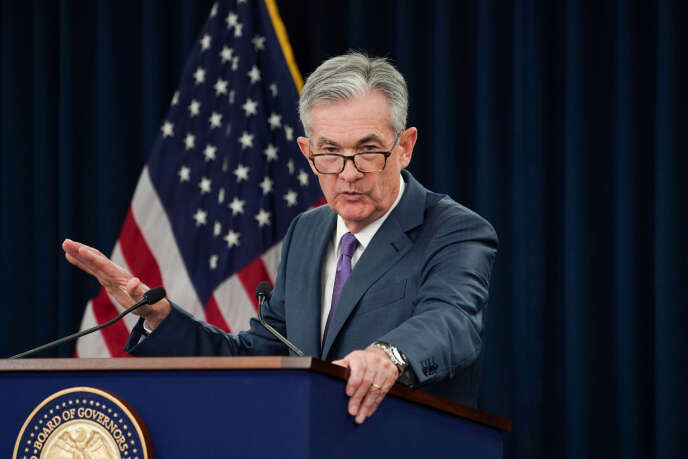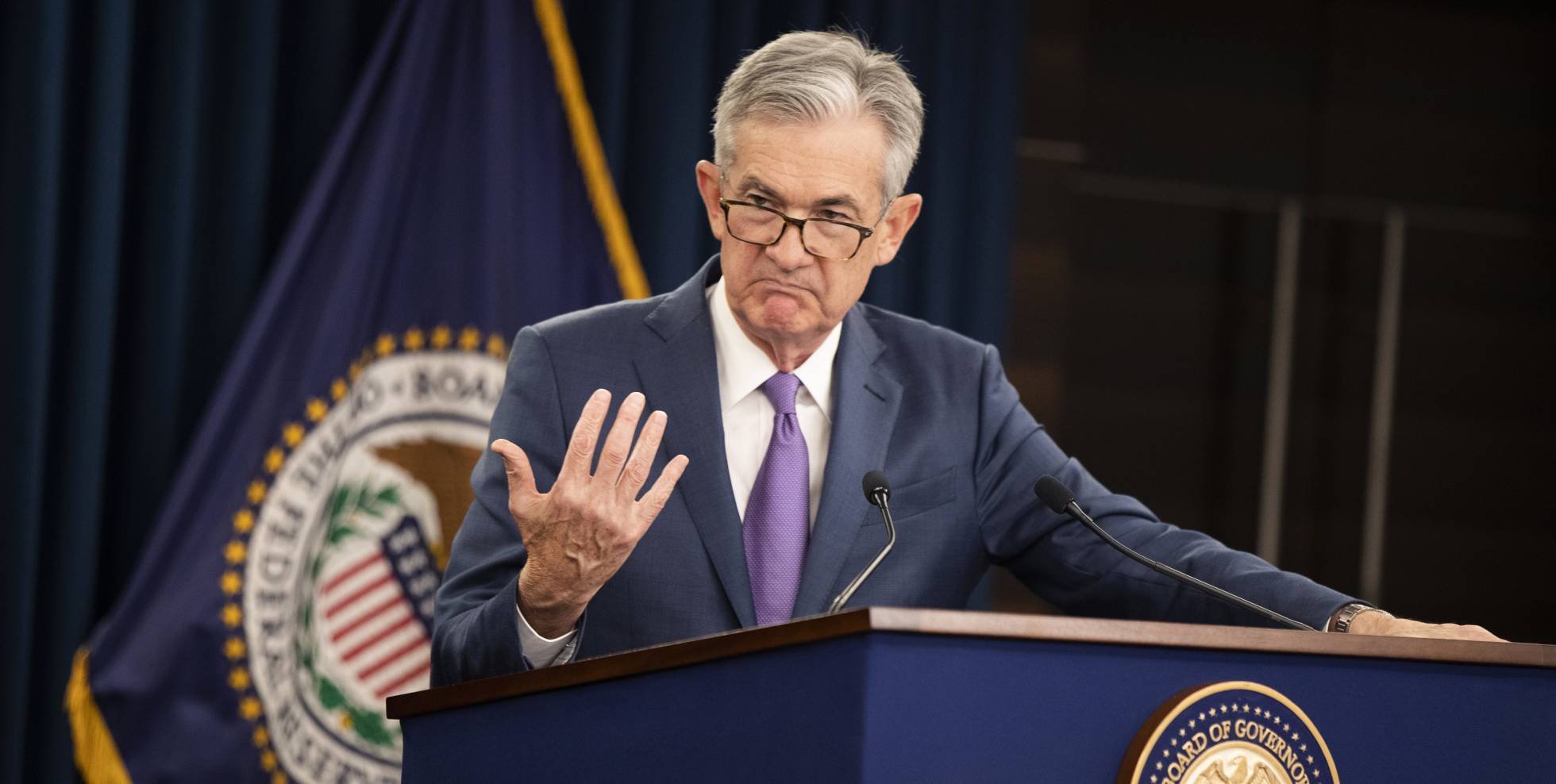
Who Does Trump Think He’s Kidding?!
And perhaps his latest comments on securing the Strait of Hormuz exemplify this situation. Anyone listening is led to conclude that Trump must consciously tailor his words for only the ignorant and gullible!
Trump denounced his country’s decades-long stewardship of the Strait of Hormuz, wondering aloud on Twitter why the U.S. should be “protecting the shipping lanes for other countries,” such as China and Japan, for “many years for zero compensation?” We treat many of these wealthy countries as our friends, like Saudi Arabia, the United Arab Emirates and others, and yet why should we do this for nothing in return? Why place our warships there at all?
Trump backed up his comments on the grounds that his country no longer needs the region’s oil since America is becoming an oil exporter itself and barely accessing 10% of its oil in the Gulf (according to his statements). But to anyone following the ongoing crisis in the Gulf at even a 10th-grade level, it is obvious that it all started because of Trump himself! It was none other than Trump who withdrew from the Iran nuclear agreement that his predecessor Barack Obama helped negotiate in 2015 with the participation of Tehran and five other powerful nations.
In other words, this crisis is purely an American one, stemming from Washington’s opposition to Iran obtaining any nuclear capability at all (and not just nuclear weapons). It is true that the powerful Gulf states Trump speaks of, as well as China and Japan, do not want Iran to obtain nuclear capability. However, this isn’t their No. 1 priority in this matter. In the end, it is only an American goal to dictate the local balance of power in the region, to deny Iran the upper hand it most surely deserves given the situation. From the American perspective, giving Iran the upper hand would only come at the expense of Israel and diminish U.S. strength in the region.
What’s strange is that Trump’s withdrawal from the nuclear agreement has barely seemed to register among the parties involved, causing little meaningful impact. Tehran and the other signatory countries have been monitoring the situation closely in the hopes that some understanding can be reached that will overcome the damage wrought by the American withdrawal. The focus of the effort by these countries right now is to convince Tehran to adhere to the terms of the deal.
All of this can only mean that the crisis, to say it for a second and third time, is purely an American-Iranian crisis. Yes, these other countries are involved, but they are not driving Trump’s decision to approach the crisis in this manner.
This perspective is supported by the way Trump has gone well beyond withdrawing from the deal, exercising various other forms of pressure to weaken Iran in what he sees as a rigid, stand-your-ground posture. In early May of this year, Trump announced various measures to implement an export ban on Iranian oil, taking aim at the importing countries as well. That effectively was the starting point for the current crisis in the Gulf. Since then, the issue has grown to the point where it is threatening the security of the entire region — and the Strait of Hormuz in particular.
The most surprising development in this story is what may be described as the “war of the tankers,” which, according to many observers, began when Iran seized a U.S. shipment to Britain. In fact, Iran was responding to the seizure of one of its own oil tankers in the Strait of Gibraltar.
In sum, the chain of events in this crisis do not point to a situation where America is safeguarding the interests of the Gulf countries, or Japan, or China, as Trump has put it. In reality, an accurate analysis exposes Trump’s fantastic attempts to blame us for the delusions they truly are!


